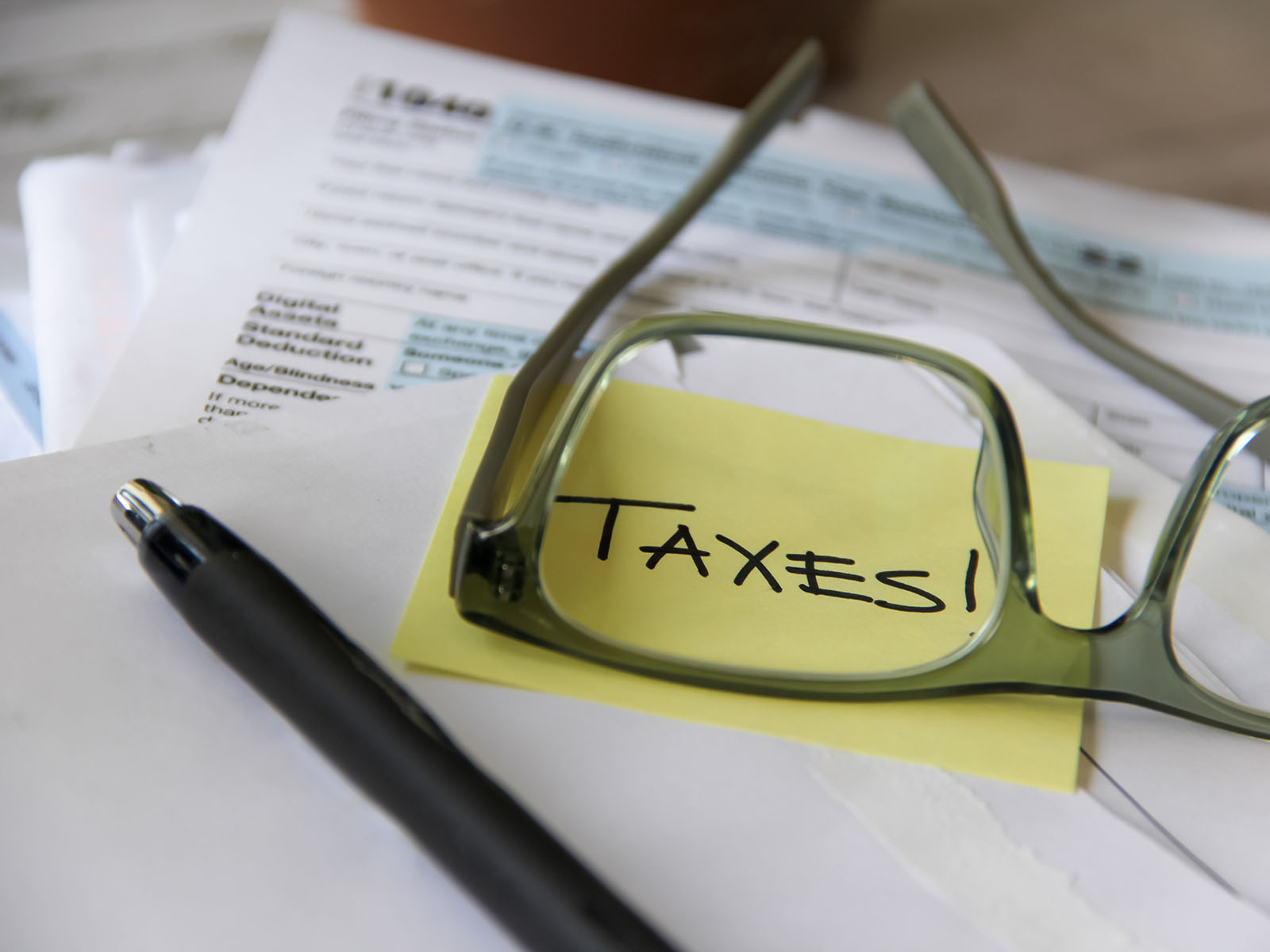The way to make your annual taxes a good experience is to do your work now instead of waiting until right before they’re due. Here’s why.
Trust Your Money With Us
Taxes aren’t just a once-a-year phenomenon. Filing taxes begins with a plan and a daily routine. If your goal is to learn a language so you can visit a foreign country, learning in small, easy-to-digest segments makes it easy to absorb and retain. When you finally take your trip, it’s that much more rewarding.
The same is true of taxes. Attacking them in the handful of days before they’re due is a formula for stress, error and failure. Breaking down tax-related recordkeeping and related tasks into smaller segments, such as reviewing receipts and invoices an hour a week, makes the process more manageable and less overwhelming. Keeping taxes on your radar all year can even be good for your overall finances.

Make a regular tax thing
Have you ever skipped mowing your lawn for a few weeks? Suddenly, it’s up to your knees, the grass gets stuck in your blades and it takes way longer than it should. The same is true of handling your tax-related finances. If you document and file your receipts and invoices when they’re fresh in your mind, they’re easy to account for properly. That’s why you should look at them regularly — how regularly will depend on how much work there is. I recommend looking at everything at least once a month, but if you’re doing a lot of business, you may want to do it every two weeks or even weekly. Just make it part of your routine.
An excellent way to handle that is to write down an appointment in your business calendar. Writing it down will help in multiple ways. You should also physically write down what you must address at each session.
When you do that, you can also use the information to look forward. This can be really useful if your income differs from month to month. By seeing what you brought in in the past month, you can:
- Get a better idea of what your year-end income will be.
- See whether you may fall short and address that before it’s a severe problem.
- Know which clients are your best.
When you know whether your year-end income looks like it will be much different from your previous year or what you expected, you can make plans to have money ready to pay at the end of the year or make adjustments to your estimated tax payments.
If you find you’ll have more money than you expect, it also provides an opportunity to make investments. You can buy something that will help the business — or even take a larger share home.
Don’t lose the paperwork
Your routine attention to tax-related paperwork will pay off at tax time. This is true whether you’ll be doing the filing, an employee will or a tax accountant will. Record the expenses that will count as deductions at your regular session closest to when they happen. This will include regular outlays such as rent; variable outlays such as utilities or internet (note the Internal Revenue Service rules if you’re declaring the costs for a home office versus a traditional office or facility); and your business phone. One of the easiest expenses to lose track of is business mileage. Entering mileage and the reason for travel will make things easier when it’s time to file.


